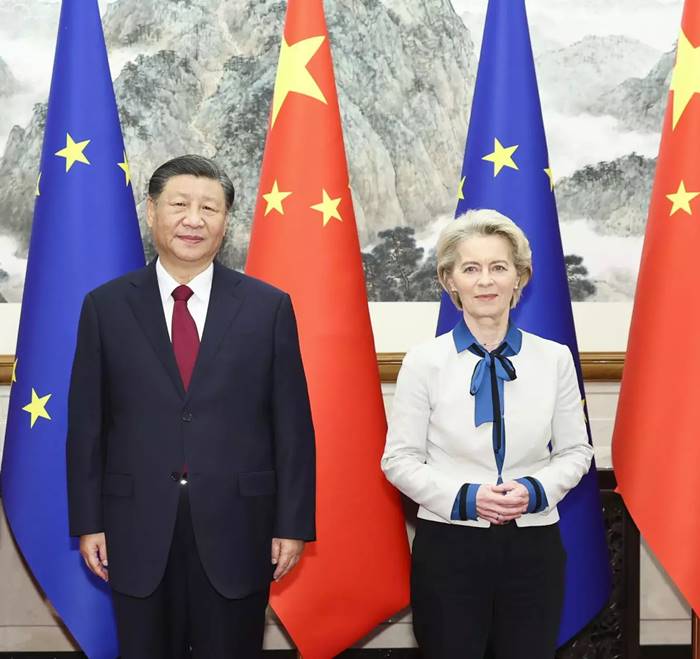EU-China Trade Tensions and the Potential Impact on Wine Exports
EU-China Dispute Over Electric Cars Could Upend Global Wine Trade
2024-06-24

The looming threat of tariffs on electric vehicle (EV) imports from China into the European Union (EU) has sparked significant diplomatic activity and a heightened sense of urgency to resolve burgeoning trade tensions. With the proposed tariffs set to take effect on July 4th, China has repeatedly appealed to the EU to reconsider, emphasizing its willingness to engage in negotiations to avoid a new trade front akin to the one it experienced with the United States during the Trump administration.
Recent reports indicate that both sides are still open to dialogue. Following a phone conversation between the EU Commissioner for Trade, Valdis Dombrovskis, and China's Minister of Commerce, both parties agreed to keep communication channels open. This sentiment was echoed by Germany's Minister of Economy, Robert Habeck, who, during his visit to China, stressed that these tariffs should not be seen as punitive measures. Habeck highlighted that the objective was to establish common market access criteria rather than to penalize.
However, European officials have maintained a firm stance. Maximilian Butek, the CEO of the German Chamber of Commerce in China, stated that the preliminary tariffs would remain unless China addressed the EU's concerns regarding harmful subsidies. This echoes the European Commission's call for effective measures from Beijing to mitigate these subsidies, which have been deemed detrimental to European industry.
The potential repercussions of this tariff dispute extend beyond the automotive sector. China has indicated that it might retaliate by imposing tariffs on European agricultural products, including wine and its derivatives such as brandy. This threat places the EU's lucrative wine exports to China, valued at approximately $800 million, at significant risk. France, Italy, Spain, Germany, and Portugal are the primary wine exporters to China, with France alone accounting for nearly half of these exports.
The prospect of such tariffs is particularly concerning for these countries, given the already challenging economic landscape for many wine producers. A reduction in access to the Chinese market could have severe financial implications, disrupting a critical revenue stream for European vineyards and impacting the broader agricultural economy.
Interestingly, while a trade war would undoubtedly harm many, it could also create new opportunities for others. For instance, Australia, which has recently secured a deal with China that eliminates tariffs on its wine exports, stands to benefit. With Australian wines entering the Chinese market tariff-free, Australian producers could potentially fill the gap left by their European counterparts, boosting their own exports and market share.
As the July 4th deadline approaches, the importance of diplomatic resolution cannot be overstated. While the EU and China appear to be on a collision course over EV tariffs, the broader implications for industries such as wine underscore the interconnectedness of global trade. A trade war could inflict widespread damage, but through continued dialogue and compromise, it is possible to find a path forward that avoids such an outcome.
The situation remains fluid, and the next few weeks will be critical in determining whether the two economic giants can bridge their differences and prevent an escalation that neither side can afford. The stakes are high, not just for the automotive sector but for a host of industries that depend on the free flow of goods between these two major markets.
Founded in 2007, Vinetur® is a registered trademark of VGSC S.L. with a long history in the wine industry.
VGSC, S.L. with VAT number B70255591 is a spanish company legally registered in the Commercial Register of the city of Santiago de Compostela, with registration number: Bulletin 181, Reference 356049 in Volume 13, Page 107, Section 6, Sheet 45028, Entry 2.
Email: [email protected]
Headquarters and offices located in Vilagarcia de Arousa, Spain.